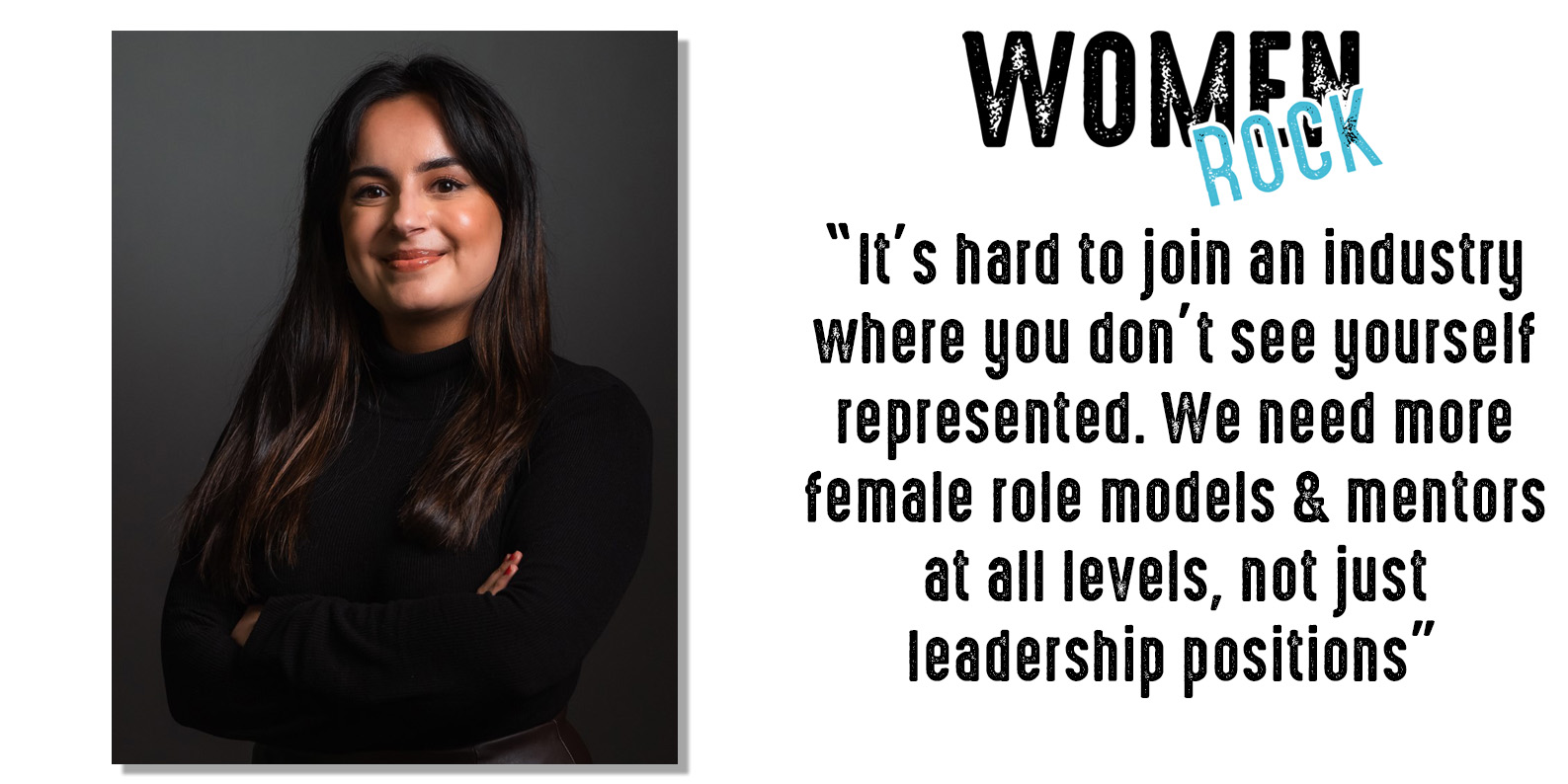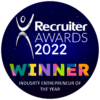
Neela Rai | Glue Reply
As kids, we weren’t entirely sure what our dads did every day as they left the house, briefcase in hand and tie swinging while we shovelled soggy cornflakes into our mouths. He’d then return from saving the world (?) with stories of “firewalls” “bugs” and “crashes” as we wondered where he kept his laser gun…
So when Neela Rai decided a career in tech was her destiny, she turned to the one person who had ALL the answers when it came to this complex and fascinating world – her dad. With his 30-year career in IT as a database developer, Neela’s dad not only offered knowledge and advice but invaluable support and perspective as she joined as a grad at Glue Reply.
So this one’s for all the dads who spoke in code before we could, but more importantly, became our allies when navigating this male-dominated industry.
TELL US A LITTLE BIT ABOUT YOURSELF AND WHAT YOU DO
Hi, my name is Neela and I’m a Business Change Consultant at Glue Reply. I joined as a grad and I’ve been at Glue for two years now. I have a BSc in Economics and Management and an MSc in Computer Science.
I’ve loved the range of work I’ve been exposed to during my time at Glue. I’ve worked on digital transformation projects for both public and private sector clients as a business analyst and a user researcher. I’m really interested in how data analysis can be used to make more informed decisions in both user research and business analysis and love working in such a fast-growing field! I love learning new skills and haven’t stopped studying alongside working. I’m currently studying to get my BCS International Diploma in Business Analysis.
YOUR BACKGROUND IS INTERESTING, TALK US THROUGH YOUR MOVE FROM AN ECONOMICS DEGREE INTO A COMPUTER SCIENCE MASTERS
I’ve always had a really keen interest in technology and people, so I thought naturally, a career in consulting would merge two of my interests together. However, when I graduated with an Economics degree I wasn’t the best candidate for a job in tech, and I struggled to find a job in the market no matter how much I was reassured by recruiters. I was told that technology companies like “people with business degrees because of our ability to articulate ourselves and communicate with others,” but it felt like that wasn’t always the case when you compared my application to someone who had three years of studying a technology-related degree.
As a result, when I graduated, I panicked and took the first job that was offered to me – an audit role, even though I knew I had no interest in audit! Safe to say after 6 months I handed in my notice because I wasn’t enjoying it. I took some much-needed time off, and then the pandemic happened. I was toying with the idea of doing a postgraduate course but wasn’t sure what direction I wanted to go in, I’d considered going into strategy, behavioural economics or something tech-related, like computer science. What drove me to choose tech was spending time with my dad.
During the pandemic, my Dad inspired me to look into SQL and databases as they rely on logic and the answers are black and white and, as he knows, I thrive in logic-based work. After this discussion, I finished a couple of database courses and loved them. I continued to learn and took some courses in software engineering and found that I enjoyed both coding and database design. At this point, I knew that a career in tech was what I wanted and what I found exciting. I applied for jobs in tech but they still wanted people with relevant work experience. It was at this point that I decided I wanted to do a Master’s so I could get qualified and widen my job opportunities. I remembered a conversation I had with a friend after graduating where she mentioned her interest in a Computer Science conversion course. I did some research on universities, courses, and modules offered, and I ended up applying to and getting accepted at the University of Birmingham for their MSc Computer Science course. The course is specifically designed for people who haven’t studied computer science at undergrad. The course was great as it was paced perfectly. I could learn a lot quickly, but also had the time to practice what I was learning. This gave me the time to find out what I liked about Computer Science. I finished my masters with a project that developed a web app that would suggest Spotify playlists to Twitter users based on the emotion and sentiment detected in their Tweets.
DID YOU HAVE ANY ROLE MODELS THROUGHOUT YOUR CAREER THAT ENABLED THIS?
Yes! My family has always encouraged me to explore all the opportunities presented to me but it was really my Dad who’s been my biggest role model. He’s a database developer and he was the first person to suggest I try programming. He’s been in the IT industry for over 30 years and it amazes me how much he knows and how he’s watched the industry change. He’s a very knowledgeable person and has always helped me when I needed career advice or help in my core programming modules. My family have always made me feel like I could do anything I wanted no matter what.
WHAT DO YOU THINK THE TECH INDUSTRY COULD BE DOING DIFFERENTLY, TO ADDRESS UNDER-REPRESENTATION?
Personally, I think the tech industry could do a lot but I understand change is incremental. As a female working in tech, I know that we’re severely under-represented at all levels across the industry. I read a statistic the other day from Wise that said the number of women IT professionals has actually fallen from 21.0% to 19.9%, and 21.0% was very low to begin with.
There’s a multitude of things the tech industry could be doing differently to address under-representation, my three key suggestions are education, awareness and visibility.
We need to start encouraging women early on to join the IT industry and inform young women on the opportunities available. If we start promoting the IT industry, and the roles available in the early years of education, then women will be exposed to career opportunities in the IT industry at the start rather than considering it as an afterthought or “second choice”. If we educate people early on, we can also debunk the myths surrounding opportunities and roles available in the tech industry. When we think of the tech industry, people predominantly think of software engineers, a lot of coding and people stuck at their desks. Firstly, the majority of those people are men and secondly, there’s the perception that the technology industry is only cool if you’re a programmer. There are so many “non-technical” roles in technology. To name a few there is project management, product management, business analysis and user research. These roles are often referred to as “fluffy” or not that complex but there’s so much to what we do. If you think of it, programmers solve problems by writing code and developing IT solutions but the roles I’ve mentioned above do the exact same thing through talking, prototyping and writing requirements – we’re all contributing to solving the same problem just from different perspectives. In my eyes, I would still consider these as “technical roles” because of the depth of understanding required to understand client problems in order to formulate ideas and solutions to help them. When advertising job opportunities, businesses could do more to raise awareness and bring context to these other roles.
Finally, we need more visibility. It’s hard to join an industry where you don’t see yourself represented. We need more female role models and mentors at all levels, not just leadership positions. This stems from the idea that with more female mentors, we can encourage more women to join the industry, giving them a visual representation of what their career path could look like. I’m lucky that I work in a company with such an array of visibility across all levels. Since my first day at Glue, I was able to see what my career path could look like because I could see myself represented.
YOU’RE PART OF THE TEAM AT GLUE REPLY AND YOU HAVE AMAZING CULTURE FROM WHAT I’VE EXPERIENCED. WHAT’S THE DRIVING FORCE BEHIND THAT TO MAKE IT SO GREAT?
The driving force is the people. Since my first day at Glue, I’ve always been encouraged to come into the office and meet the team and the senior consultants and managers around me have always made me feel welcome and included. I like the fact that Glue has created an environment where people can grow and develop their potential as consultants. We’re all given positions of responsibility as soon as we join, and that enables us to take ownership of the things we do both internally, for business development, and externally to our clients. As well as this, I know my voice and opinion have always been valued and that applies to everyone. We’re encouraged to speak up and make suggestions no matter how junior or senior you are at the company.
WHAT PROFESSIONAL ADVICE WOULD YOU LIKE TO GIVE READERS WANTING TO GET INTO IT?
Do your research! You have so much knowledge available to you through LinkedIn and other social media platforms – people are always sharing their journeys and providing advice. I took the non-traditional route to work in IT and I don’t think it’s talked about enough. There’s this perception that you have to be able to code to work in IT and that really isn’t the case. If you are looking to get into IT without an IT background, show your enthusiasm in the industry by taking courses, building a portfolio and networking. Employers are looking for enthusiastic and proactive people, so make sure that comes across in your CV and when you’re interviewing. Make sure to keep your LinkedIn and Github (if relevant) up to date to showcase your skills and interests.
Thanks, Neela, you rock 🤘
Interview by Charles Hoskins






